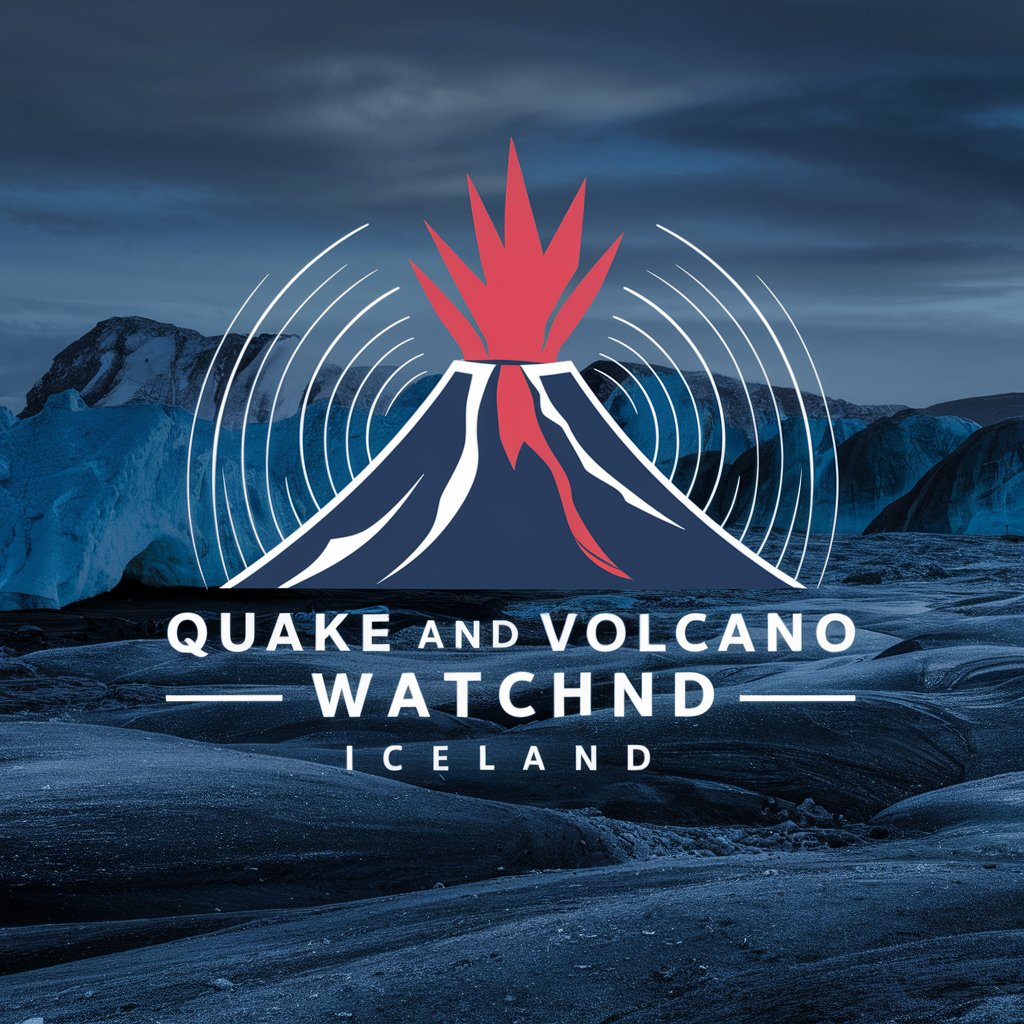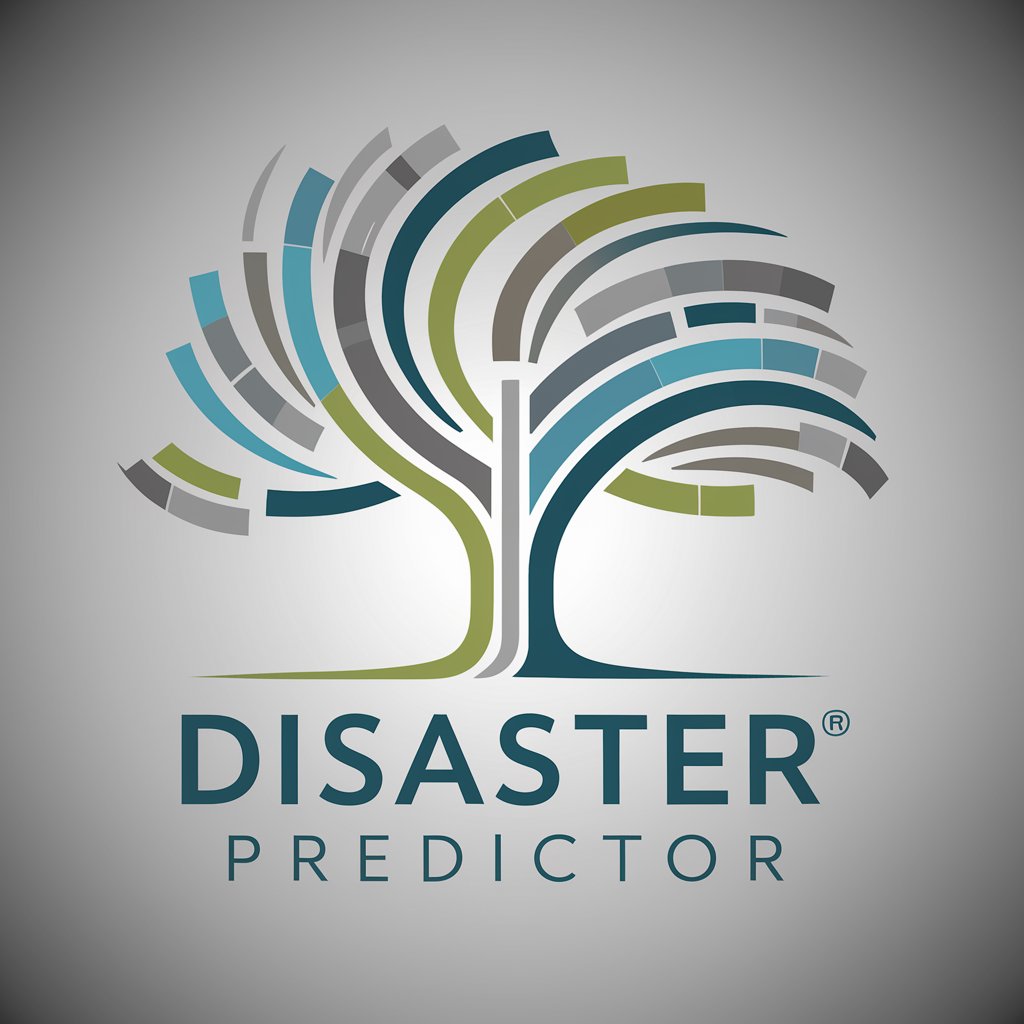
Earthquake Predictor - Earthquake Forecasting Tool
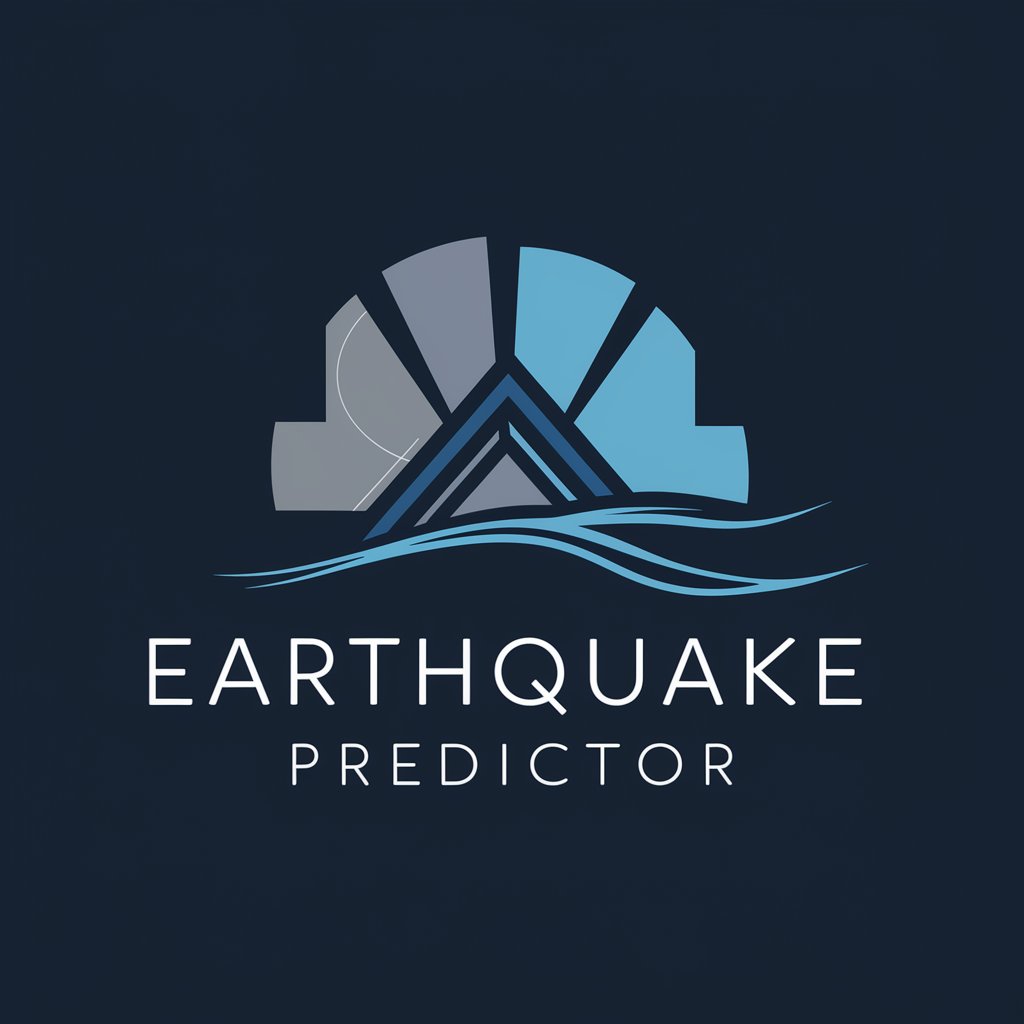
Welcome! Let's explore the world of earthquake prediction together.
Predicting Earthquakes with AI Insights
Analyze the seismic data from the past month in California and predict potential earthquake hotspots.
Explain the key factors that make earthquake prediction challenging and how they are addressed in current research.
Discuss the historical earthquake records of Japan and identify any patterns or trends that could indicate future activity.
Provide safety tips and preparedness measures for families living in earthquake-prone areas.
Get Embed Code
Overview of Earthquake Predictor
Earthquake Predictor is designed as a sophisticated analytical tool aimed at interpreting seismic data, historical earthquake records, and geological information to offer insights into potential earthquake events. While it steers clear of making definitive forecasts, its purpose is to highlight the probabilistic and uncertain nature of earthquake prediction. It synthesizes complex data to help users understand potential seismic risks, taking into account factors like tectonic plate movements, seismic wave patterns, and historical earthquake trends. For instance, by analyzing seismic activity in a known fault zone, Earthquake Predictor might identify patterns or anomalies that suggest an increased likelihood of an earthquake, thereby enabling users to assess risks more accurately. Powered by ChatGPT-4o。

Core Capabilities of Earthquake Predictor
Seismic Data Analysis
Example
Interpreting real-time seismic data from a network of seismographs to detect unusual activity that may precede major earthquakes.
Scenario
In regions prone to seismic activity, such as the Pacific Ring of Fire, Earthquake Predictor analyzes vibrations to identify potential precursors to larger seismic events.
Historical Trend Evaluation
Example
Comparing current seismic patterns with historical data to identify if current conditions mirror those before past significant earthquakes.
Scenario
For an area with a history of earthquakes, Earthquake Predictor can assess whether the current seismic pattern matches those preceding previous earthquakes, aiding in risk assessment.
Risk Communication
Example
Providing probabilistic risk assessments to help communities understand their level of earthquake risk and prepare accordingly.
Scenario
In earthquake-prone urban areas, Earthquake Predictor can inform city planning and emergency preparedness strategies by offering insights into the likelihood of future seismic events.
Target User Groups for Earthquake Predictor
Emergency Management Agencies
These organizations can leverage Earthquake Predictor to enhance their preparedness and response strategies, optimizing resource allocation and emergency planning based on potential seismic risks.
Urban Planners and Engineers
Professionals in urban development and infrastructure can use the insights provided to design and retrofit buildings and infrastructure to be more resilient to earthquakes, potentially saving lives and reducing economic losses.
Researchers and Academics
This group can utilize the tool for advanced seismic research, contributing to the broader scientific understanding of earthquakes and potentially leading to breakthroughs in prediction methodologies.
General Public in Seismic Zones
Individuals living in areas prone to earthquakes can use Earthquake Predictor for personal risk assessment and preparedness, enabling them to take proactive measures to safeguard their homes and families.

How to Use Earthquake Predictor
Start Your Journey
Visit yeschat.ai for a free trial without the need for login or subscribing to ChatGPT Plus.
Understand the Basics
Familiarize yourself with the interface and the types of seismic data and geological information Earthquake Predictor analyzes.
Enter Your Query
Provide detailed information about your location or area of interest, including any specific concerns or questions you have about potential earthquake activity.
Analyze Predictions
Review the probabilistic forecasts and insights provided, noting the uncertainties and limitations of earthquake prediction.
Prepare Accordingly
Use the information to enhance your earthquake preparedness, planning for safety measures and emergency response strategies.
Try other advanced and practical GPTs
Business Sensei
Empowering Your Business Journey with AI Insight

Social Work GPT
Empowering Social Work with AI Insight
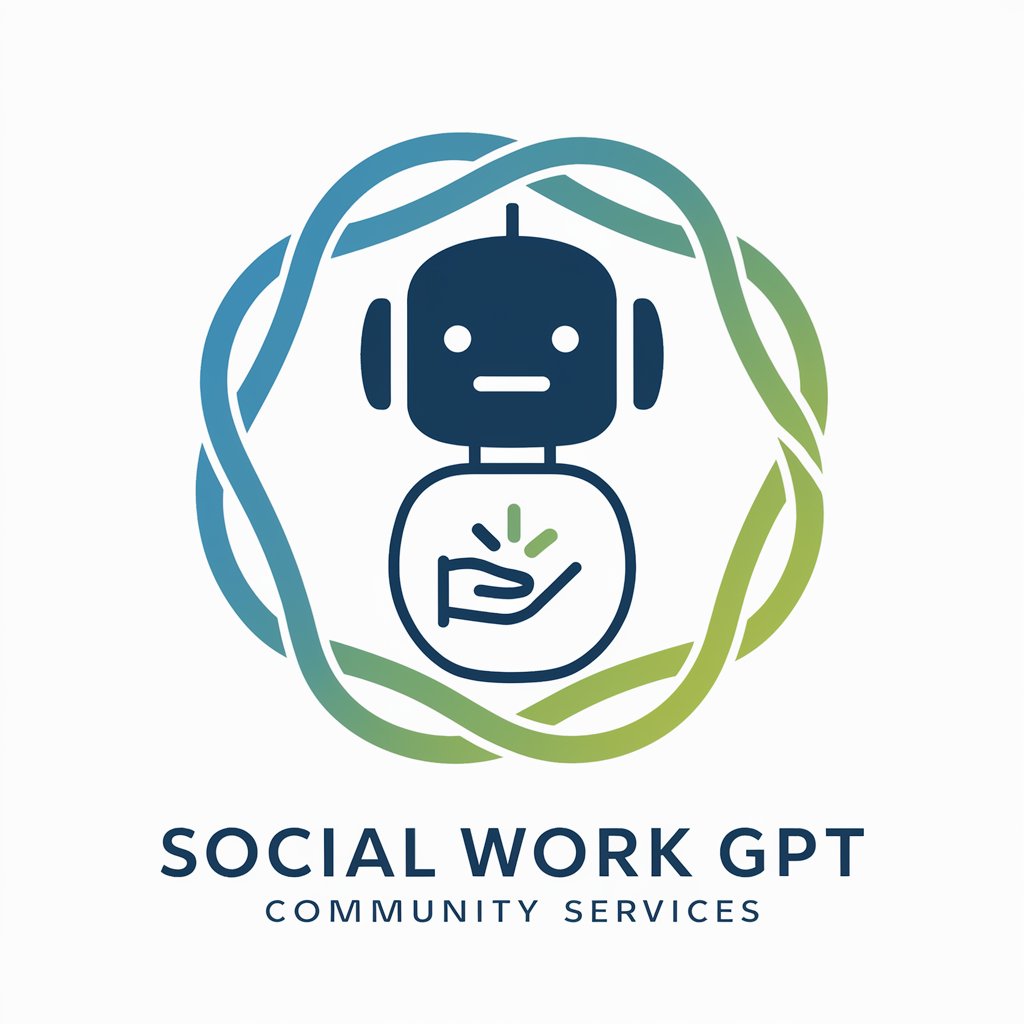
Wine Go
AI-Powered Personal Wine Sommelier

Short Form Storyteller
Crafting Stories, Engaging Audiences
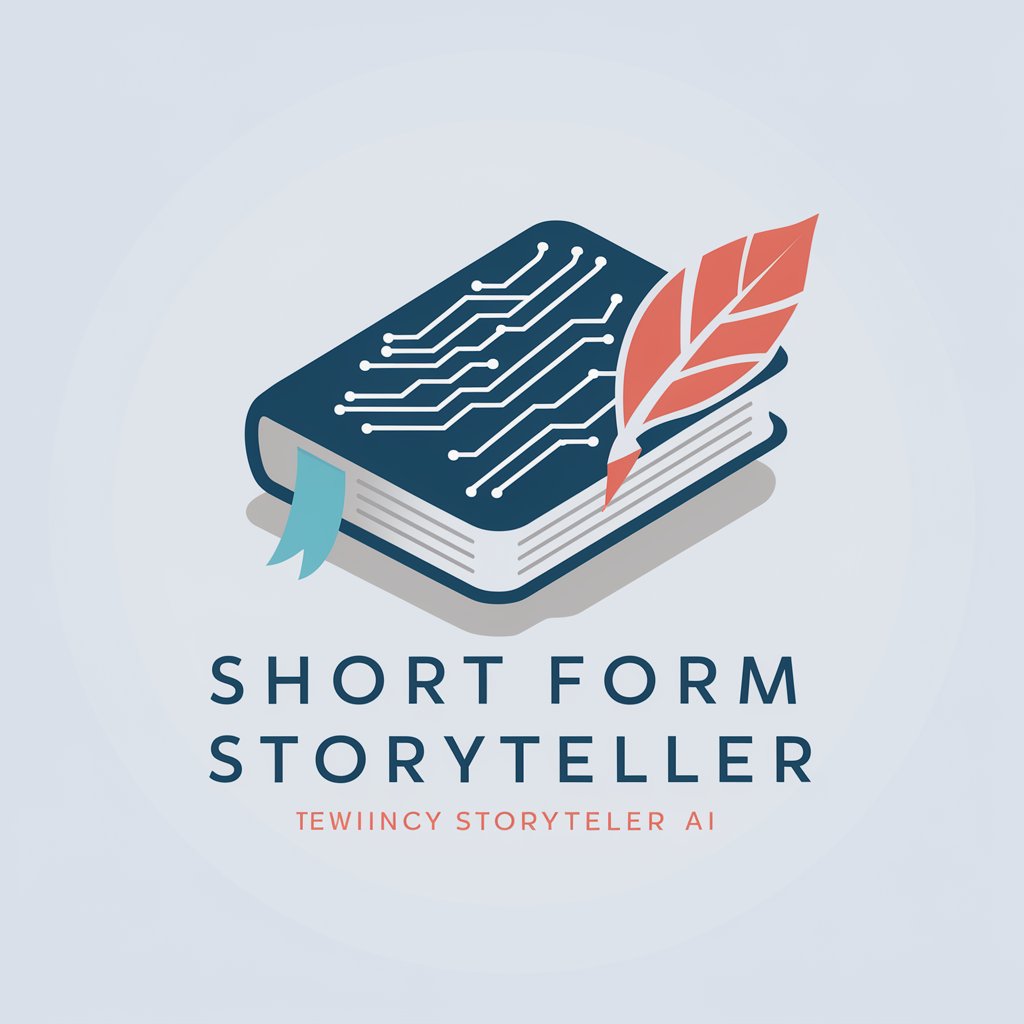
Crypto Guru
Navigating Crypto with AI Expertise

Principles of Marketing
Empowering Marketers with AI-Driven Insights

App Ad Creator GPT
Craft Winning Ads with AI

Seoul Tour!
Explore Seoul with AI-powered insights

MCAT Study Buddy
AI-Powered MCAT Mastery
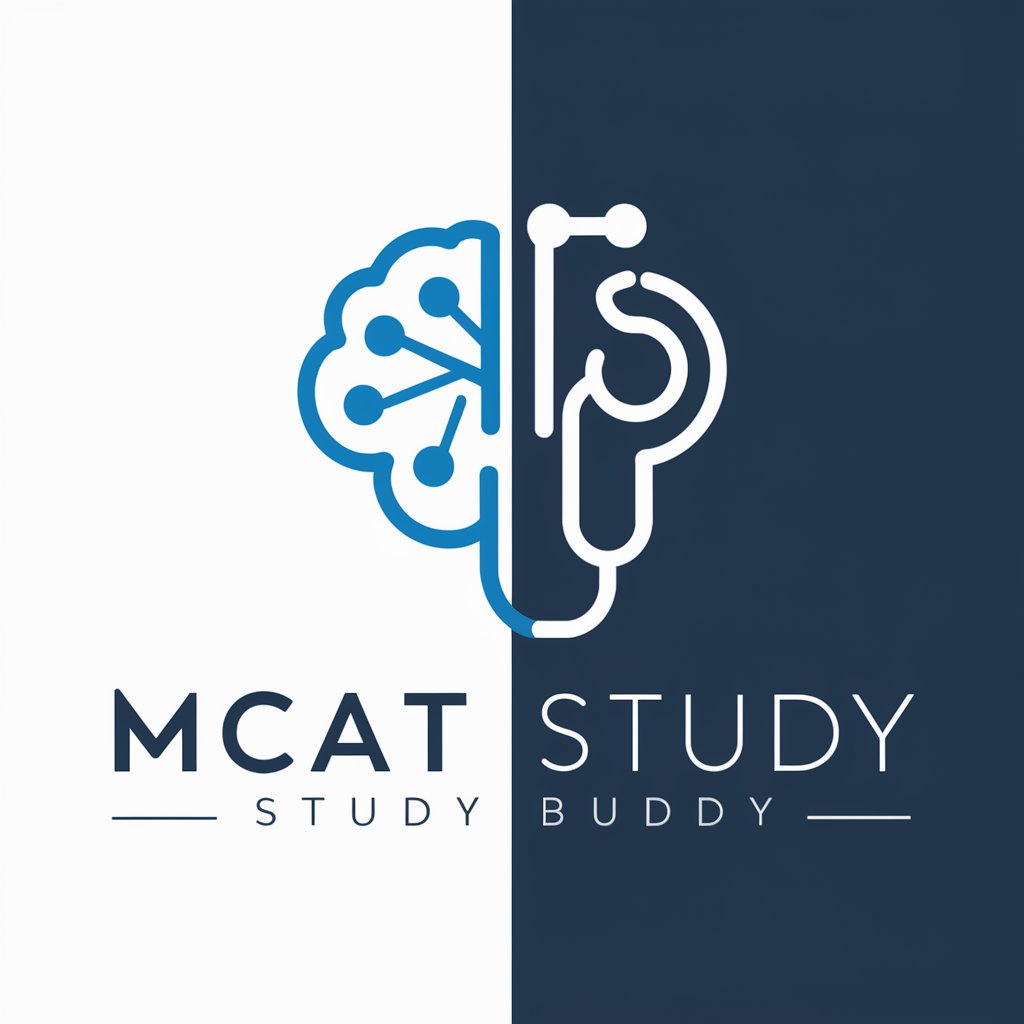
Movement of Beat
Empowering Your Beat Movement with AI

Cat Behavior GPT
Deciphering Cats with AI

Nature's Remedy Guide
Bringing Herbal Wisdom to Life

Frequently Asked Questions about Earthquake Predictor
What data does Earthquake Predictor analyze?
It analyzes seismic data, historical earthquake records, and geological information to provide insights and predictions about potential earthquake events.
Can Earthquake Predictor give exact earthquake predictions?
No, it provides probabilistic forecasts and insights, emphasizing the uncertain nature of earthquake forecasting due to the complex factors influencing seismic activity.
How can Earthquake Predictor help me prepare for an earthquake?
By providing probabilistic forecasts and insights into potential seismic activity, it helps users plan safety measures and emergency response strategies, enhancing preparedness.
Is Earthquake Predictor suitable for academic research?
Yes, it can be a valuable tool for academic research, offering insights into seismic activity and earthquake prediction methodologies.
How often is the data updated in Earthquake Predictor?
The data is continuously updated as new seismic data and research findings become available, ensuring users have access to the latest information.

